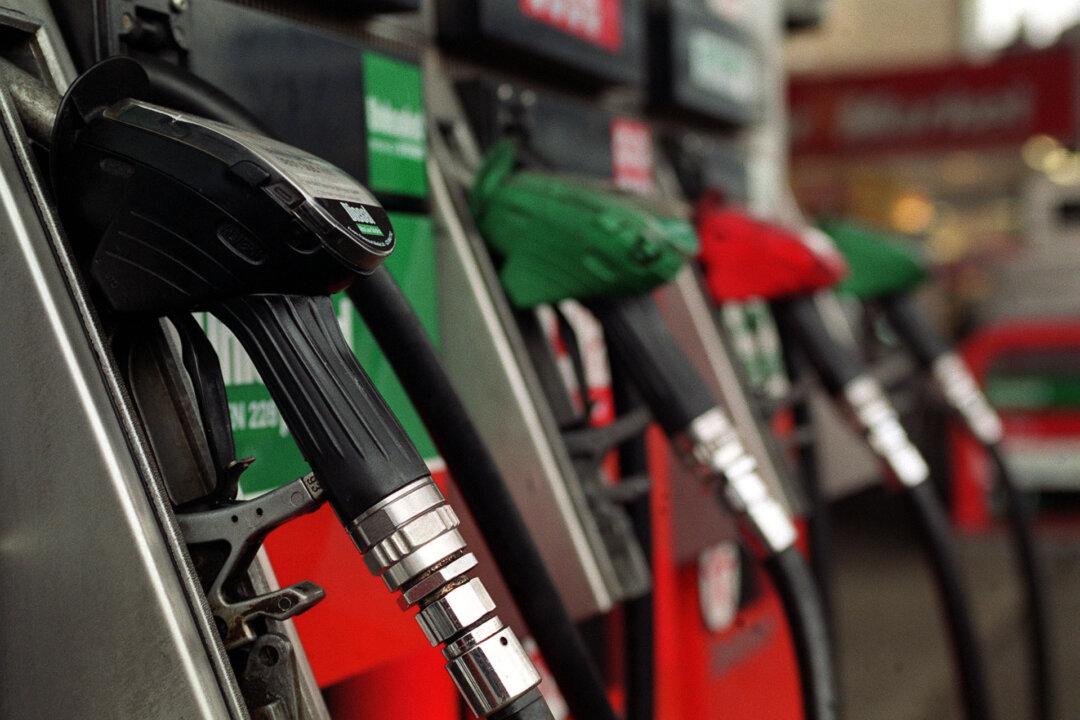The inboxes of the UK’s two Conservative Party leadership candidates have been flooded with e-petitions urging them to slash the fuel duty immediately by 25 pence per litre, according to FairFuelUK.
The advocacy group for drivers stated that since it started the campaign on Aug. 21, more than 20,000 emails have been sent to Liz Truss and Rishi Sunak, who are vying to become the country’s next prime minister on Sept. 6, as well as two Conservative Party chairmen, urging the candidates to “pledge they will CUT Fuel Duty BIG like the rest of the EU has done so,” and promise to “introduce a pump pricing regulatory body called PumpWatch to stop the greedy profiteering in the fuel supply chain.”





